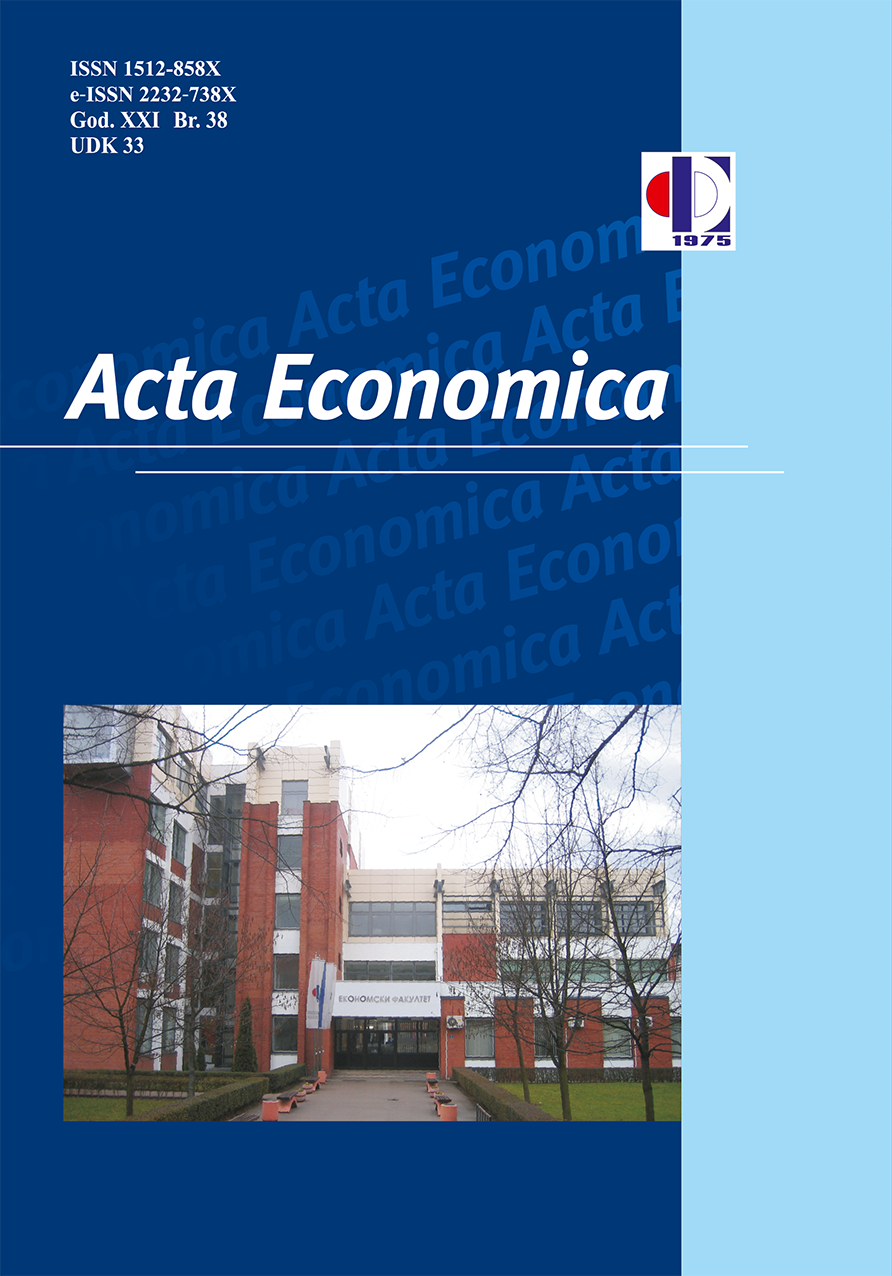INFLATION AND ECONOMIC GROWTH TRENDS: GLOBAL AND SOUTH AFRICAN PERSPECTIVES
DOI:
https://doi.org/10.7251/ACE2339091MAbstract
This paper explores the global inflation and economic growth trends, with a special focus on South Africa, from the 1970s – the period marked by the crumbling of the Bretton Woods system and the ensuing stagflation – to 2022. Our exploration reveals that global inflation is driven mainly by advanced economies, and there are signs of a negative correlation between the levels of income and inflation rates. We observed a structural break in global inflation in 1995 when inflation substantially decreased and became more stable than before. Our analysis links this structural break and stability in inflation to the emergence of strict monetary policy regimes like inflation targeting. Emerging and developing economies experienced a substantial decrease in inflation after they adopted inflation-targeting policies, as compared to advanced economies. In contrast, AEs benefitted from a significant rise in their economic growth. For South Africa, the trends in inflation and economic growth displayed a different picture. Although negligibly, South Africa’s inflation rose three years after adopting inflation targeting. During the same period, the South Africa experienced rising economic growth. To better understand the relationship between inflation and economic growth, we suggest the use of extensive data and models to investigate the structural breaks experienced.

